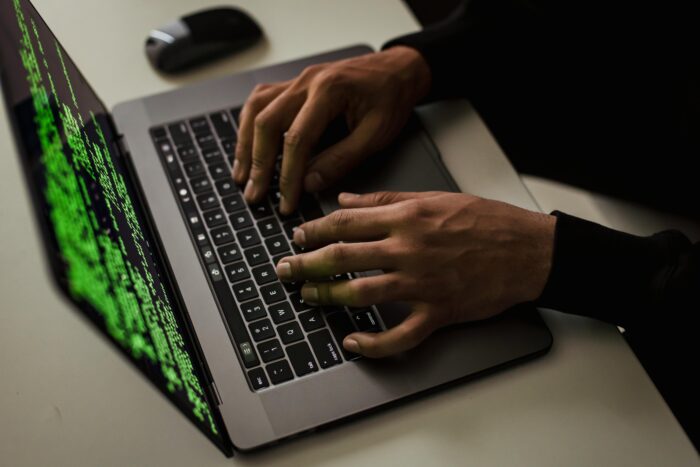Deep Fakes: A Rising Risk to Small Business Cybersecurity
Cybersecurity services for SMEs have become essential in an era where deep fakes—AI-generated videos, voices, and images—are being used to deceive employees, impersonate business leaders, and compromise sensitive data. As artificial intelligence becomes more advanced, so too do the threats that target small and medium-sized enterprises (SMEs), many of which lack the robust defences of larger organisations.
“Spotting deep fakes by eye is nearly impossible,” warns Dr. Andrew Newell, Chief Scientific Officer at iProov.
Why Cybersecurity Services for SMEs Matter More Than Ever
Cybersecurity services for SMEs are now critical. Deep fakes are being used to:
- Exploit trust through impersonation (e.g. fake videos of CEOs instructing payment transfers).
- Bypass security protocols using synthetic audio in voice verification systems.
- Spread misinformation, damaging your business’s hard-earned reputation.
“Much of human society is underpinned by identity… and that leads to trust,” Newell explains.
🡥 Explore government guidance on small business cybersecurity from business.gov.au
Defending Your Business with the Right Tools
AI-Powered Detection in Cybersecurity Services for SMEs
Modern cybersecurity services for SMEs now include deep fake detection tools that examine video and voice content for signs of manipulation. These tools spot pixel-level inconsistencies that humans simply can’t.
Pro tip: Choose a provider offering deep fake monitoring tools tailored for SME use cases.
Identity and Access Controls with Liveness Detection
Multi-factor authentication (MFA) paired with AI-based liveness checks adds a strong barrier to impersonation. These verification steps ensure that users are real—not bots or recordings.
🡥 Read more about liveness detection technology
Detecting Fake Emails and Business Email Compromise
Cybersecurity services for SMEs can now detect patterns in communications using machine learning. This means catching red flags like abnormal tone, urgency, or out-of-hours requests.
Hack: Ensure your email filtering solution includes behavioural analysis to flag BEC attempts.
Don’t Underestimate the Human Factor
Cybersecurity isn’t just software—it’s also about awareness. Your team should be trained to:
- Identify suspicious voice or video requests
- Report unusual internal communications
- Verify identities before releasing data or funds
🡥 See KnowBe4’s training solutions for staff awareness
Can SMEs Use Deep Fake Technology Safely?
Yes. The same tools used for deception also power positive innovations:
- Creating training avatars
- Voice-over content for marketing
- Natural dubbing for global audiences
Hack: You can implement avatar tech in your customer service chat—but disclose its use and protect against misuse.
Choosing Cybersecurity Services That Support SMEs
Many providers now offer cybersecurity services for SMEs that bundle essential protection without enterprise-level costs:
- Deep fake detection
- MFA and AI verification
- Email anomaly filters
- Staff education and phishing simulations
🡥 View Microsavvy’s tailored cybersecurity offerings
Final Thoughts: Stay Ahead of the Threat
Deep fakes are not a futuristic problem—they’re a present-day risk, especially for smaller businesses. But by partnering with providers who specialise in cybersecurity services for SMEs, you can protect your business, your clients, and your reputation.
“We’re at an interesting point in time,” says Newell. “Everyone is catching up.”
With the right strategy, you won’t just catch up—you’ll stay ahead.




